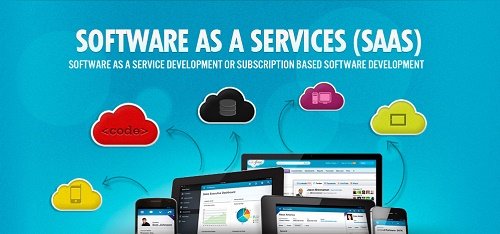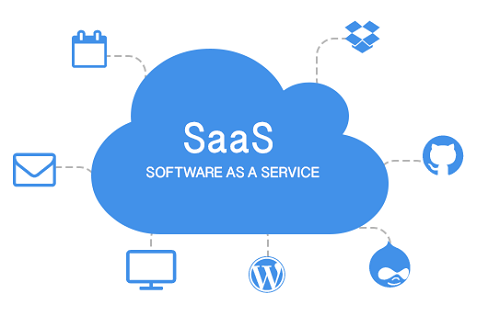Operating any kind of business in the 21st century involves using software and the internet. Whether it’s accounting software, digital advertising platforms or using online booking and collaborative platforms, every business needs these tools and each needs an entirely different set of tools. The choices today are endless, which only makes it more difficult to choose. Small and medium business owners may feel like they need an IT engineering degree just to pick the right digital and online tools for their business.
Instead of running through yet another list of “best tools” for businesses to use, and considering the thousands of established B2B digital services available, it would be best to look at what kind of software and tools businesses should be looking for on the grand scale of things. Here’s what a modern business should be looking for when selecting which software and digital tools to use in everyday operations and running the business properly.
Choose SaaS Every Time
Software is first separated and defined into two basic groups. There’s software that you purchase, install, host, and operate within your systems and then there’s Software as a Service, more popularly known as SaaS. Unless you have the time and IT expertise or a team of IT experts to manage these systems, SaaS is always the best option. But there are thousands of products to choose from for each of your business’ needs. Just finding the right billing or accounting service for your business could take weeks of research.
With new products popping up every day and millions of recommendations, the process of choosing the right one only becomes more confusing. Most business owners or managers end up relying on a personal or professional recommendation and that doesn’t always lead to the right software for your particular business. So what are the elements you should be looking for to make sure a SaaS is right for your business?
Legal and Regulatory Compliance
Every branch of business, every state, and every county have their own sets of laws and regulations. Needless to say, your business must be in compliance – which means that the software and digital activities your business employs must also be in compliance. The bad news is that you have to look into this when selecting any SaaS. The good news is that the vast majority of software companies that create and manage these products and services have this in mind when they’re building their products.
Most software development companies will offer a demo and are available to answer questions that potential customers might have. Feel free to reach out to them and simply ask if their SaaS is in compliance with the laws and regulations of your country, state and industry.
Functionality and Availability
Unfortunately, there’s only one way to really know whether a SaaS works best for you – trying it for a few weeks. Again, the good news is that developers and providers of these services understand this and are willing and able to provide demos or trial versions of their software, so that a business can be sure it’s selecting and using the right ones.
Before selecting a few demos or trials and giving them a go, there are just a couple of important factors to be considered. The size of a company and number of employees that will actively be using the Saas are top of that list. Then there are other factors that need to be taken into account, such as the type of support that the SaaS provides and whether any external partners of the business, such as an accountant or distribution partner, will also need access to that software and systems. Again, verify that the product being selected has all of the items that a business needs and the choice should become apparent in no time.
Security and Durability
With several gaffs in terms of security and privacy leaks by major SaaS providers in recent years, these issues remain hot in the news. There is the security of a business’ own data to be considered, but also the security of any data a company shares with its partners and customers. In today’s day and age, these are issues that could, quite literally, make or break a business. Knowing the type and extent of security that the product selected for your business provides may be a deciding factor.
Obviously, where and how the SaaS is hosted and the security of those servers is paramount. Then there is access security to be considered, and whether it uses now standard security protocols for such access. As the industry develops, new standards and practices are being set, by both major players and small ones.
Last, but certainly not least, there’s the dreaded question of what happens if a SaaS that a business has been using successfully for years and depends on goes out of business. Or if the service is, for any reason, simply discontinued. This can and has been a particular kind of nightmare for many small and medium-sized businesses, and one that can sometimes damage the bottom line. There’s a solution to this and one that can be thought through and planned well ahead of time.
The simple solution is a little something called source code escrow. While it may sound very technical and complicated to the average business owner, it’s quite the opposite. This is a service that protects the software, data, source code, and other documentation necessary from an unexpected and permanent interruption of the vendor, including bankruptcy.
If the unforeseen does happen, a business using SaaS protected by such escrow can continue to use the mission critical software and it’s business as usual until a new, better SaaS is found to replace it. Ensuring that the software product your business is using, along with the other deciding factors listed here, should guarantee that your business will not only find the right kind of software and digital services, but be secure in using the selected SaaS in operating and growing your business. Whether small or large, specialized or adapted, digital services selected by these means will work for you and well.



